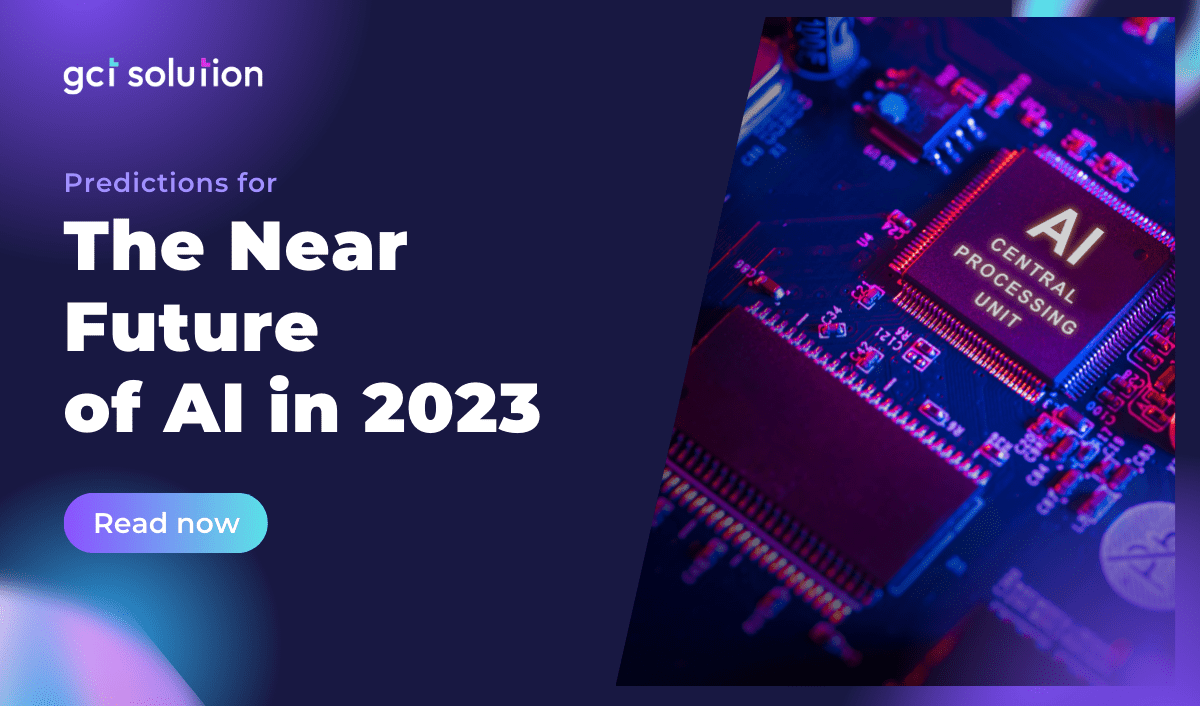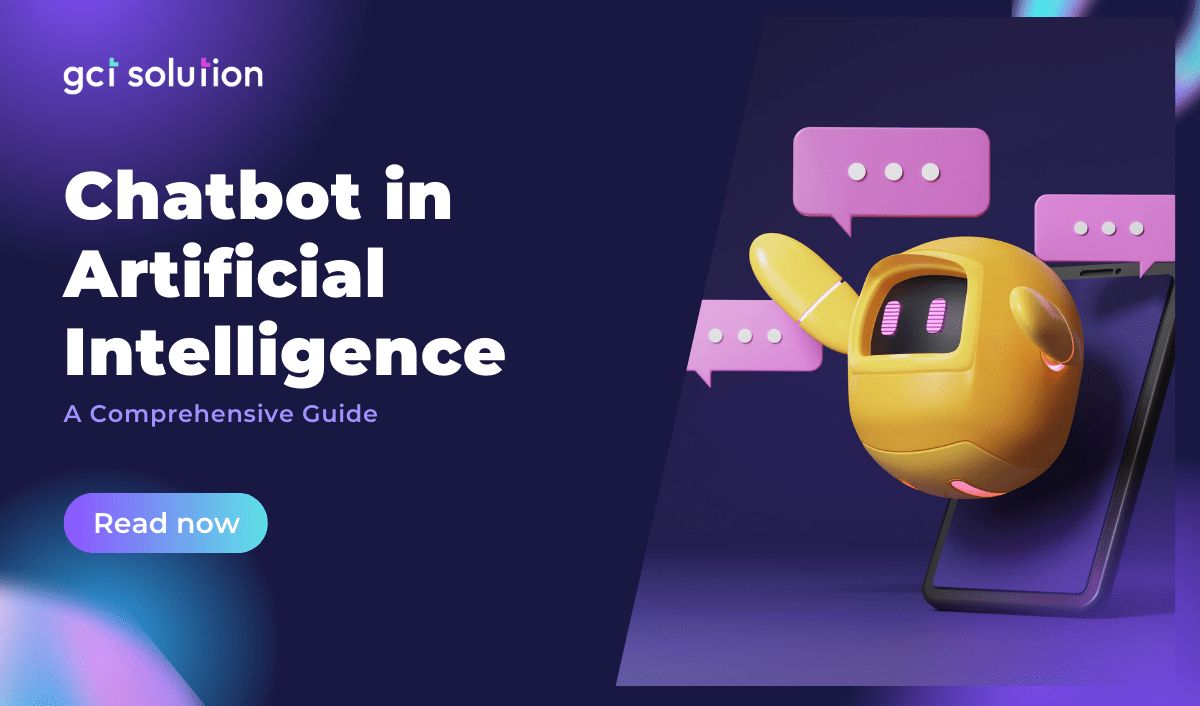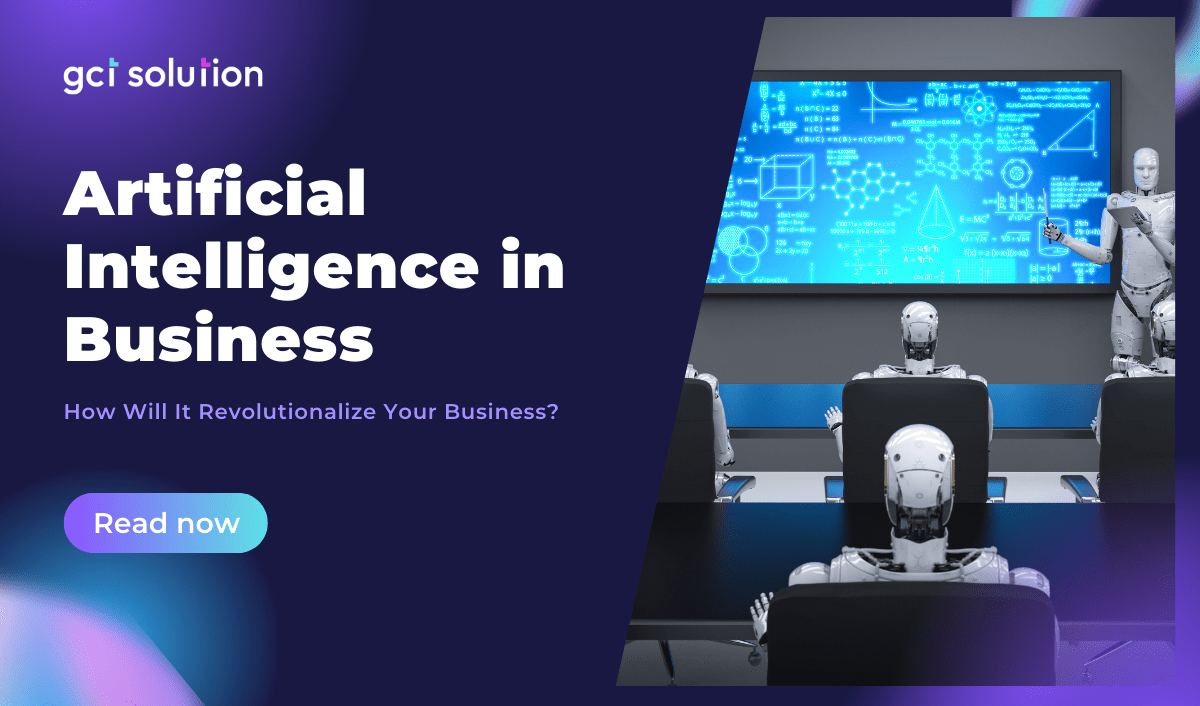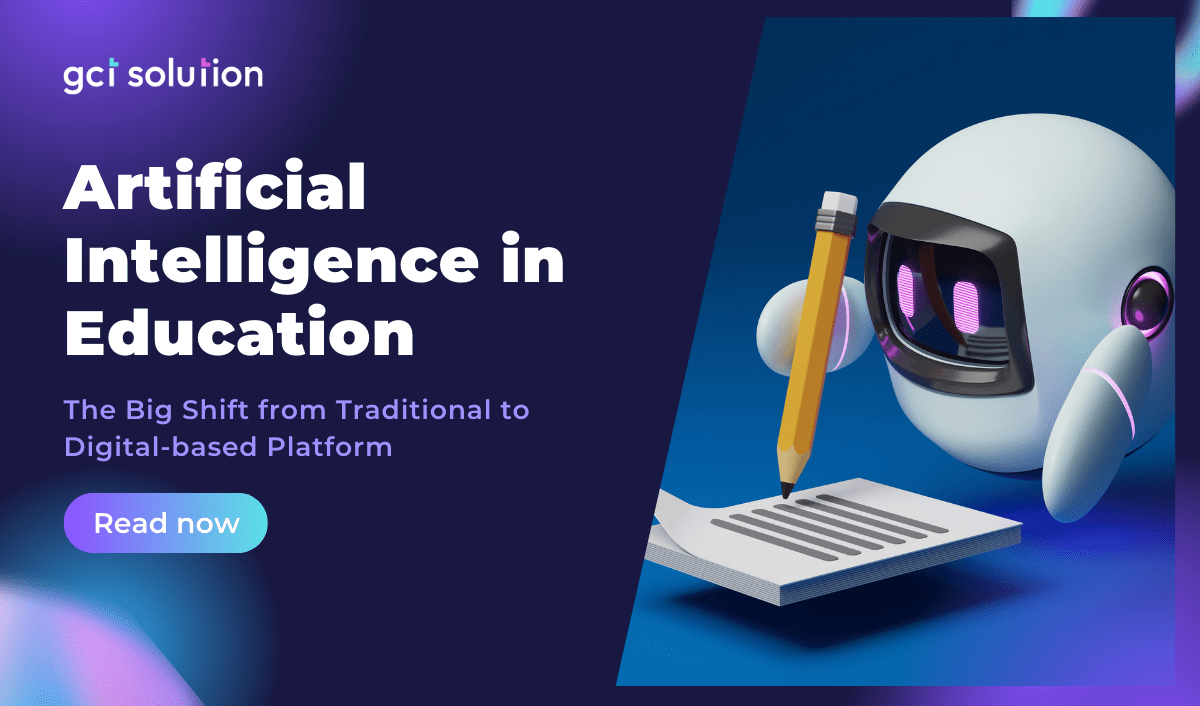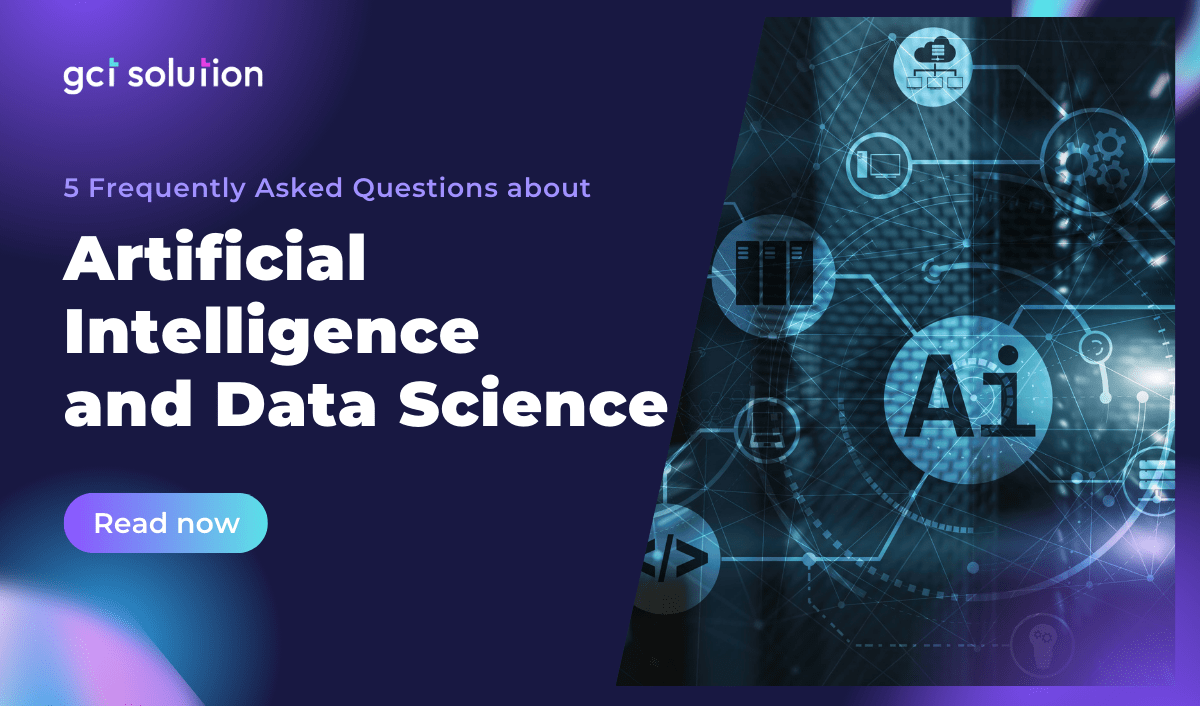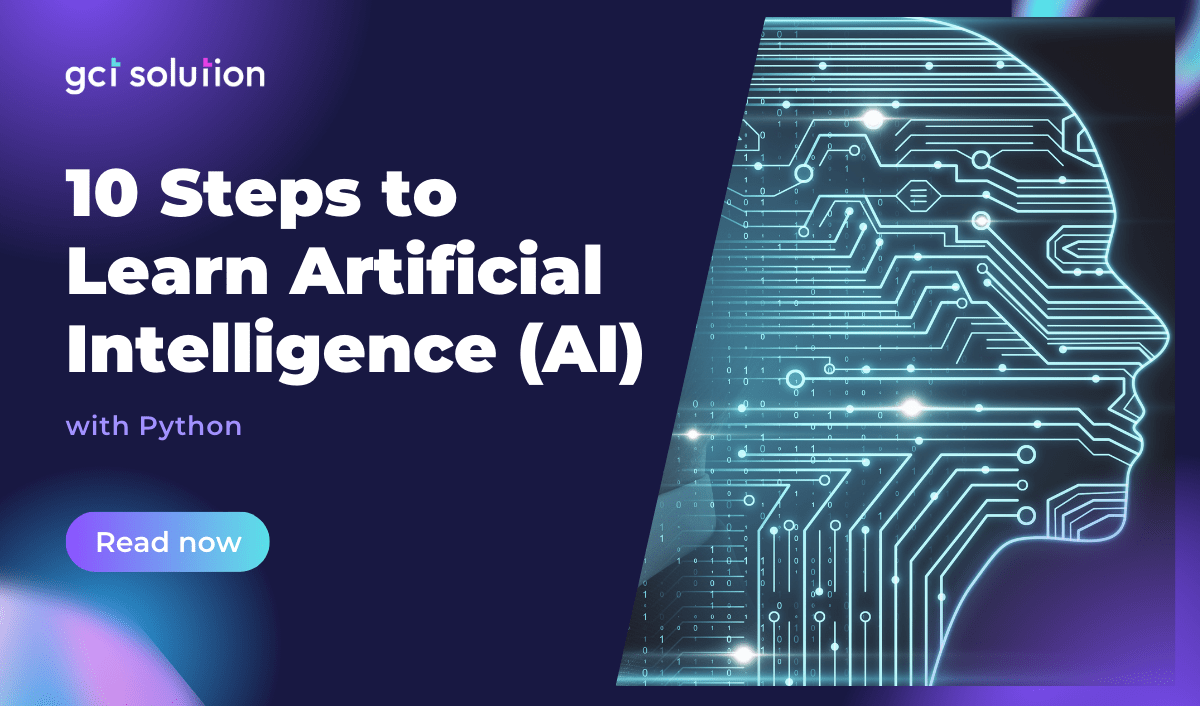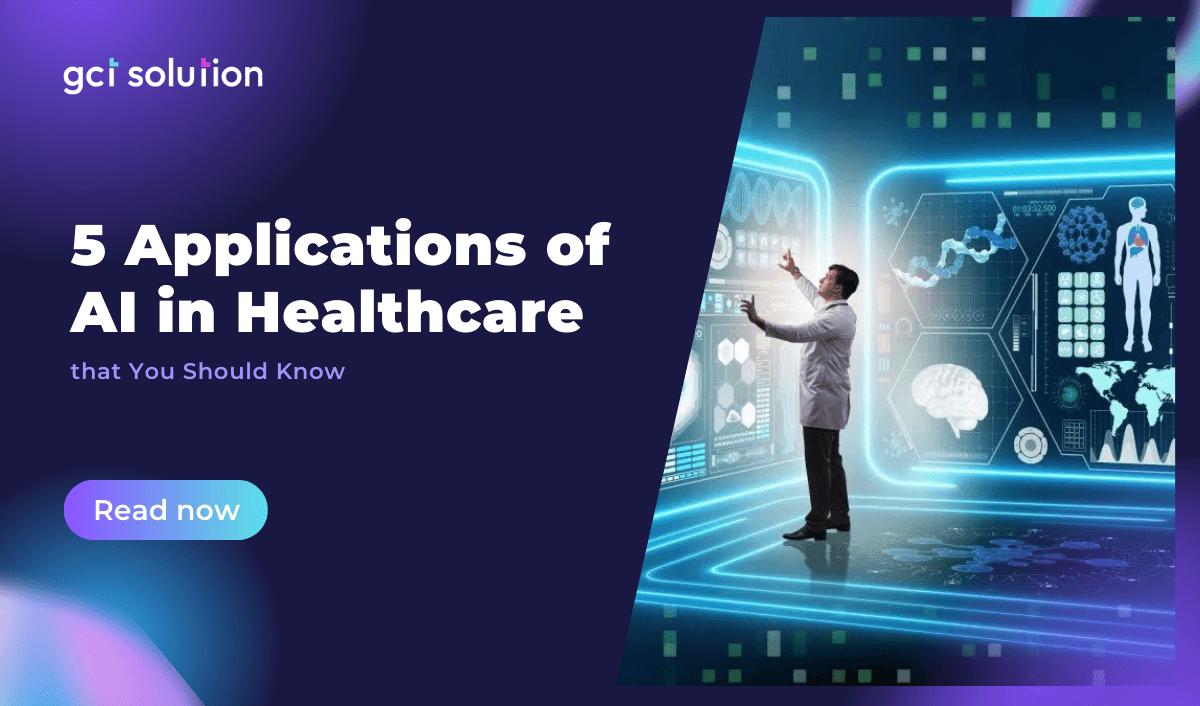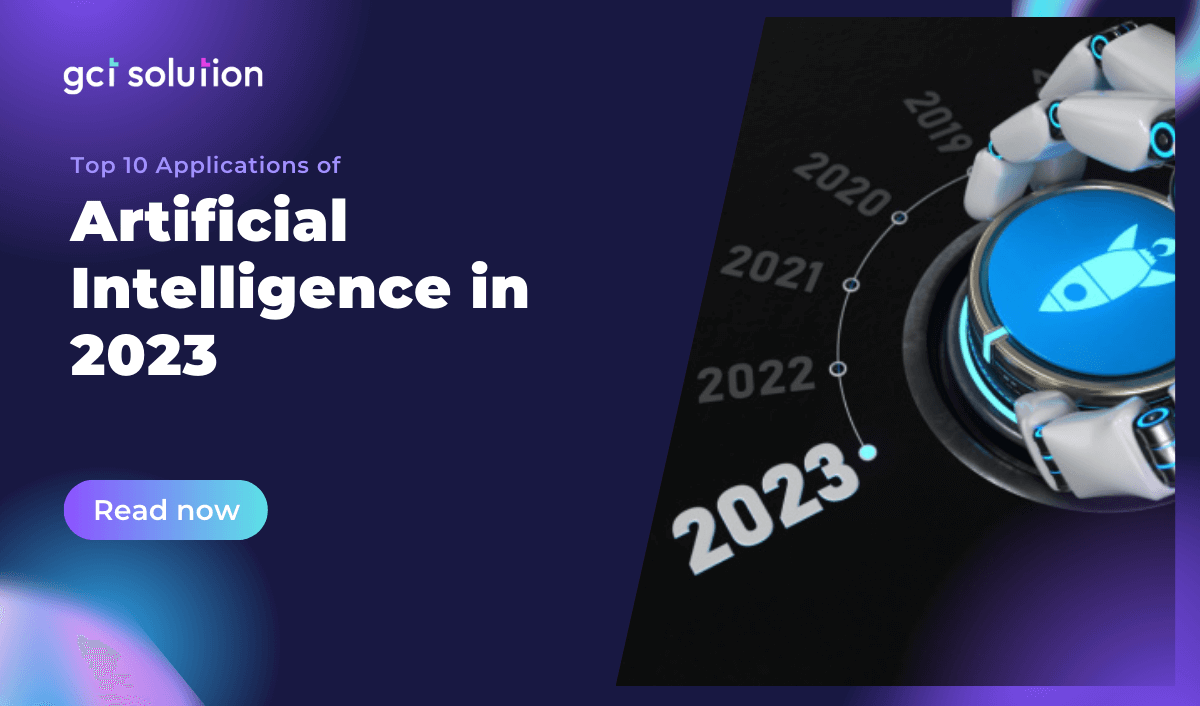Customer Relationship Management (CRM) has become a critical aspect of modern businesses, with a global CRM market size expected to reach USD 145.79 billion by 2029, growing at a CAGR of 12.5% from 2022 to 2029. It is a comprehensive approach that involves the use of technology, strategies, and practices to manage and analyze customer interactions and data throughout the customer lifecycle. By adopting CRM, businesses can enhance customer satisfaction, retention, and profitability. The process of CRM involves various components such as people, processes, and technology, which work together to achieve a common goal of improving the overall customer experience. This blog will discuss what customer relationship management is, some examples of CRM, types of CRM, why CRM is important for businesses, and how it helps businesses to improve their customer experience.
Predictions for the Near Future of AI in 2023
Artificial Intelligence (AI) is no longer a buzzword, nor is it a technology that is limited to the realm of science fiction. It is a rapidly growing field that has the potential to revolutionize the way we live and work. In the past few years, we have seen AI-enabled systems make significant progress in various domains such as healthcare, finance, transportation, retail, and more. But, what does the future hold for AI? In this blog post, we will explore some predictions for the future of AI and the likely impact of this technology on our lives.
Chatbot in Artificial Intelligence: A Comprehensive Guide
In the past few years, chatbots have become increasingly popular among businesses and individuals alike. With advancements in artificial intelligence, chatbots have become more intelligent and efficient than ever before. A chatbot is essentially a computer program designed to simulate human conversation, which can be used for a variety of purposes, including customer service, sales, and marketing. In this blog, we will explore what chatbots are, how they work, and their potential benefits for businesses.
Artificial Intelligence in Business: How Will It Revolutionalize Your Business?
Artificial intelligence (AI) is a technology that has revolutionized the way we think about data analysis, automation, and decision-making. It has transformed various industries, including businesses, by enhancing productivity, efficiency, and profitability. AI can be defined as a collection of algorithms, tools, and techniques that allow machines to learn from data and make intelligent decisions. In the context of business, AI can be used to automate routine tasks, improve customer service, and make better decisions. This essay explores what AI in business entails, provides real-world examples of AI applications in various industries, discusses the industries that use AI the most, weighs the pros and cons of implementing AI in business, and finally, examines the impact of AI on business.
Artificial Intelligence in Education: The Big Shift from Traditional to Digital-based Platform
Artificial Intelligence (AI) has rapidly transformed many industries, including education. AI in education refers to the use of machine learning, natural language processing, and other AI technologies to improve the teaching and learning experience. The integration of AI in education presents new opportunities to revolutionize the learning process, from personalized learning to smarter assessment. This blog examines what AI can do for education, provides examples of AI in education, explains why AI should be implemented in education, and discusses how AI can solve education problems.
5 Frequently Asked Questions about Artificial Intelligence and Data Science
Artificial Intelligence (AI) and Data Science are two of the most significant and talked-about fields in modern technology. AI involves developing intelligent systems that can work independently without human intervention, while Data Science involves analyzing large sets of data to gain insights into trends and patterns. However, there are many questions surrounding these two fields, and in this essay, we will answer 5 frequently asked questions about Artificial Intelligence and Data Science.
10 Steps to Learn Artificial Intelligence (AI) with Python
Artificial Intelligence has become an essential field in the modern world. With the advancements in technology, it has become possible to create intelligent machines that can perform tasks that would typically require human intervention. Python is one of the most popular programming languages used in Artificial Intelligence, and it has many libraries that make it easy to develop intelligent machines. In this essay, we will provide an easy guide to Artificial Intelligence with Python and the steps that one should take to become proficient in this field.
5 Applications of AI in Healthcare that You Should Know
In recent years, Artificial Intelligence (AI) has made significant progress in various industries, and the healthcare industry is no exception. The use of AI in healthcare is transforming the way medical professionals deliver care to patients. AI-powered systems can analyze vast amounts of data and provide insights that were previously impossible to obtain. In this essay, we will discuss 5 ways that AI is being used in the healthcare industry, including medical diagnostics, drug discovery, patient care, personalized medicine, and medical research.
Top 10 Applications of Artificial Intelligence in 2023
Artificial Intelligence (AI) has become a buzzword in recent years, and for good reason. This powerful technology has revolutionized various industries, from healthcare to finance, by enabling machines to learn from data, recognize patterns, and make informed decisions. According to a report by Gartner, the global AI market is expected to grow to $266.92 billion by 2027, up from $39.9 billion in 2019. But the AI revolution is just getting started, and in 2023, we can expect to see even more exciting applications of this game-changing technology. As the old saying goes, "necessity is the mother of invention," and AI has proven to be a necessity in today's data-driven world. In fact, a recent survey by Deloitte found that 82% of early AI adopters reported a positive return on investment (ROI), with an average ROI of 17%. In this blog, we'll delve into the top 10 applications of artificial intelligence in 2023 and beyond, and explore how these innovations will impact our world. From improving healthcare outcomes to enhancing entertainment experiences, the potential of AI is immense.
Artificial Intelligence vs Machine Learning: Why Are They Difference?
Artificial intelligence (AI) and machine learning (ML) are two terms that are frequently used interchangeably, but they are not the same thing. Both terms refer to technologies that enable machines to perform tasks that would typically require human intelligence, but they differ in how they achieve this goal. In this essay, we will explore the differences between artificial intelligence and machine learning, and why businesses often confuse these two definitions.


